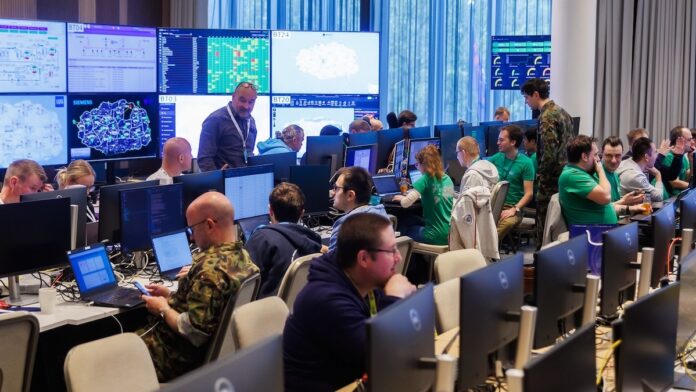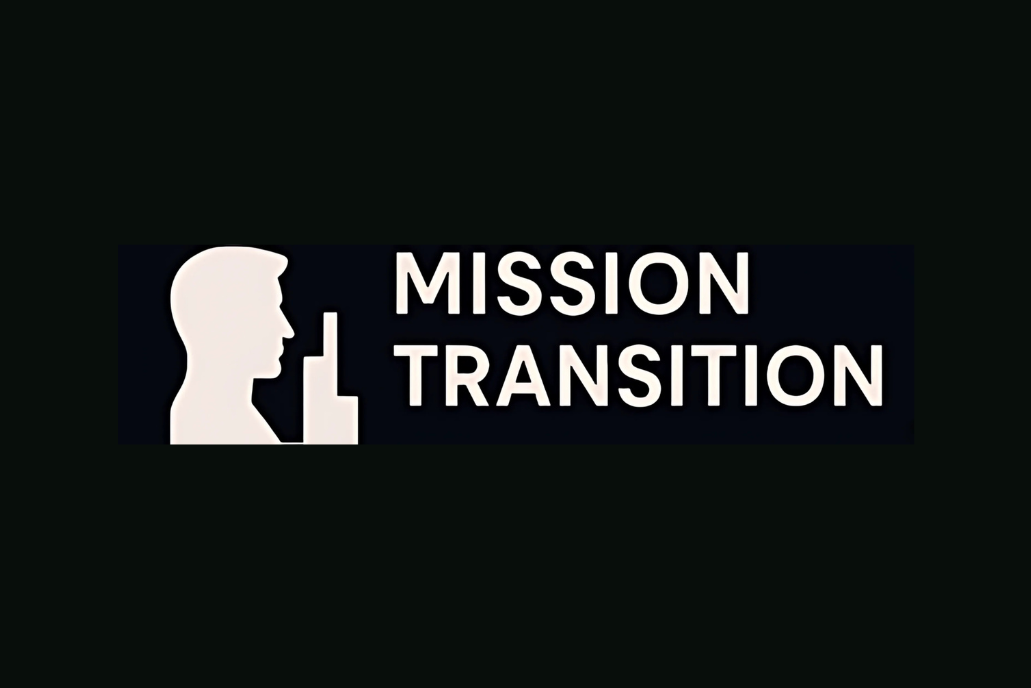NATO has launched its largest and most sophisticated cyber defence exercise of the year in Estonia, bringing together nearly 4,000 experts from 41 allied and partner countries.
The annual training event, known as Locked Shields, is being hosted this week by the NATO Cooperative Cyber Defence Centre of Excellence (CCDCOE) in Tallinn. It is widely regarded as the most complex international cyber exercise in the world.
Designed to test the readiness of national cybersecurity teams, the event simulates real-world attacks against critical infrastructure, including military networks, power grids, and telecommunications systems. Seventeen multinational “blue teams” are taking part in the exercise, defending more than 8,000 virtual systems hosted by Estonia’s CR14 Foundation.
The scale of the challenge is significant. Teams are expected to respond to thousands of coordinated cyberattacks, while also managing disinformation campaigns, legal complications, political pressure, and wider infrastructure failures.
“This year’s exercise introduces new layers of complexity, including scenarios involving artificial intelligence and quantum computing,” said Mart Noorma, Director of the CCDCOE. “The world is witnessing a clear rise in cyberattacks against critical infrastructure, from Ukraine’s energy grid to hospitals paralysed by ransomware. These exercises prepare nations to defend not only their networks, but also the essential services their populations rely on.”
The exercise is not solely technical. Participants must also navigate strategic communications and legal decision-making in high-pressure environments, making Locked Shields a comprehensive test of national and collective cyber resilience.
As cyber warfare becomes an increasingly central element of global conflict, NATO officials have stressed the importance of international collaboration. “Resilience is not built in isolation,” Noorma added. “It is forged through shared challenges, trusted cooperation, and relentless training.”
Locked Shields 2025 is expected to conclude later this week, with findings and feedback shaping future cyber defence policies and capabilities across the alliance.
















